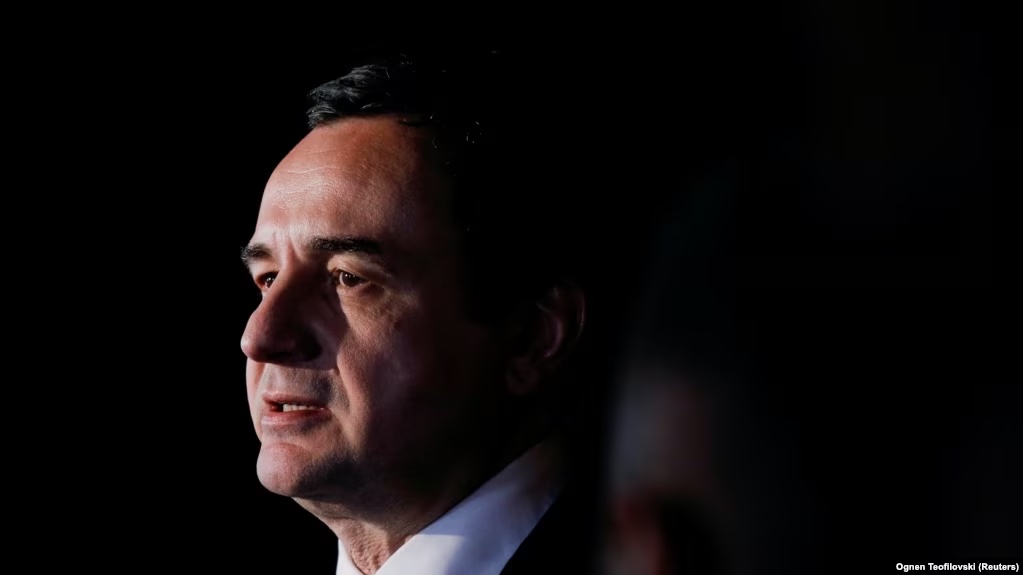Tuesday, July 30th 2013

The supreme court has rejected an appeal to retry the case over an explosion in the village of Gerdecin March 2008 which killed 26 people and injured more than 300.
The court on Sunday said it would not hear hold another trial over the deadly explosion on March 15, 2008 which ripped through a former army barracks in Gerdec where old munitions were being stored.
“Gerdec was killed on Saturday and buried today, on a Sunday,” said Andi Kananaj, one of the lawyers representing the victims’ families, after the news that the court had refused to hear the case was announced.
The barracks were being used as a collection point for old Chinese and Soviet-made shells from a local company called Alba-Demil, which was demilitarising the ammunition to extract the metal.
Immediately after the explosion it emerged that the company had blatantly disregarded safety rules.
On February 14, the Tirana appeals court slashed the sentences which had been handed down to the three main defendants, for whom prosecutors had sought life imprisonment for murder.
The court cut a third off the ten-year sentence of Mihal Delijorgji, owner of Alba-Demil. Dritan Minxholi, the manager of the munitions demolition plant, who had been sentenced to 18 years, will now only serve 12. The court also cut the sentence of the former head of Albania’s arms exports agency, Ylli Pinari, from 18 to 10 years.
Based on time served in pre-trial detention and good behaviour, Delijorgji was set free on March 20. The appeals court also reduced the sentence for abuse of power of former army chief of staff, General Luan Hoxha, from seven years to six. General Zija Bahja, another defendant, was also handed a suspended sentence.
The blast case was first filed before the supreme court in March 2009, indicting 29 people for involvement in the explosion, among them the former defence minister, Fatmir Mediu and the army’s top brass.
In May 2009, the supreme court assigned cases involving defendants who did not have parliamentary immunity to a lower court. The supreme court was thus left dealing solely with Mediu.
In September 2009, the supreme court dropped the criminal case against Mediu just hours after he was sworn in as a minister in the new government, because of the immunity from prosecution he had obtained from his parliamentary seat./balkaninsight




